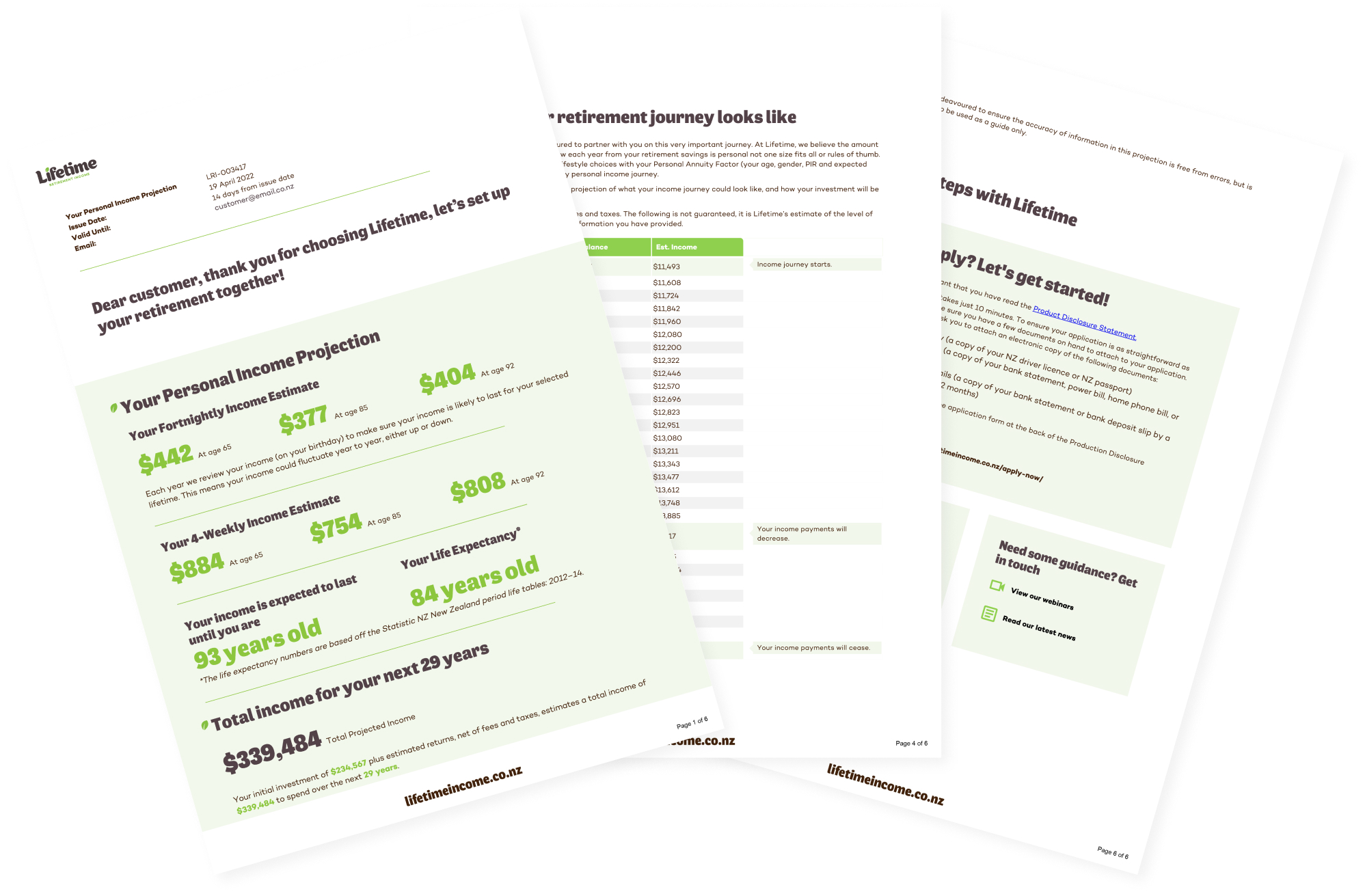Retirement Life
13 February 2023
Find your passions and purpose in retirement
Money is only of value if it is spent.
Saving is nothing more than delayed spending. The purpose of money is to provide the means to enjoy life. For these reasons, it is really important to be clear about what gives you enjoyment. Knowing your passion helps you set goals in life that motivate you to use your money effectively, that is, to maximise your enjoyment of life. So the starting point for any financial plan is to uncover the things that are really important to you – your passions and purpose.
If a good sleep is eight hours long, and the average retirement is around twenty-five years, then in retirement we have around 165,000 hours to allocate between personal, family and community needs. Every hour that goes by matters, as it can’t be saved for later. Deciding how you want to use the hours you have left, rather than just ‘going with the flow’ means you will make the most of your retirement.
Research shows that having a purpose in retirement is an essential factor in determining happiness and is linked to living longer. Finding a purpose at the end of a working life can be challenging for some people, especially those who have not developed activities or hobbies outside their work life.
To find your passions, you need time for reflection; to investigate and prioritise, and finally, to make your passions a reality.
Turn your savings into a retirement income.
Design your income today!

Investigate to find your passions.
Ask yourself these five searching questions and think creatively to get the answers.
1. What did you love to do in your childhood?
Children are driven by curiosity and creativity. Childhood fantasies are often the source of clues for what your true passion is.
2. What are you good at?
If you don’t know the answer to this question, your friends and family will tell you!
3. What activities make you feel happy?
These are things you probably need to do more of.
4. What have you secretly dreamed of?
Imagine there are no barriers of time, money or fear of failure. Your secret dreams will point you to what your passion is.
5. What do you read or learn about in your spare time?
This is most likely what really interests you.

Liz Koh - Money expert who specialises in retirement planning.
Prioritise.
If you have answered these questions, you should have a long list of possibilities for your passions. If not, keep thinking!
Start with the first two activities on your list and decide which is more appealing. Now compare your choice with the next activity on the list and decide which is more appealing. Work your way down the list in this way to the bottom.
Write down your final choice on a new list and cross it out on your original list. Repeat this process twice more until you have your top three choices on your separate list. These are your top three passions!
Take control of your retirement income

Find your purpose.
Everybody needs a reason to get out of bed in the morning, but this is especially important in retirement, when there is little structure in your day. Having a purpose means you are engaging in meaningful activities. Your purpose guides your life decisions. The first step in finding your purpose is to find your passions, but it’s much more than that. Your life purpose is your contribution to the world. Perhaps your life purpose is to help others or to help your family. Your life purpose may be to create beautiful music or to bring joy to other people. Finding your purpose is about identifying those activities which you are not only passionate about but which make you feel fulfilled.
Once you have identified your passions and purpose, you are in the best possible place to start your financial plan, which will guide you in how to allocate your financial resources to support your goals.
Invest with Lifetime for a retirement income managed for living.
